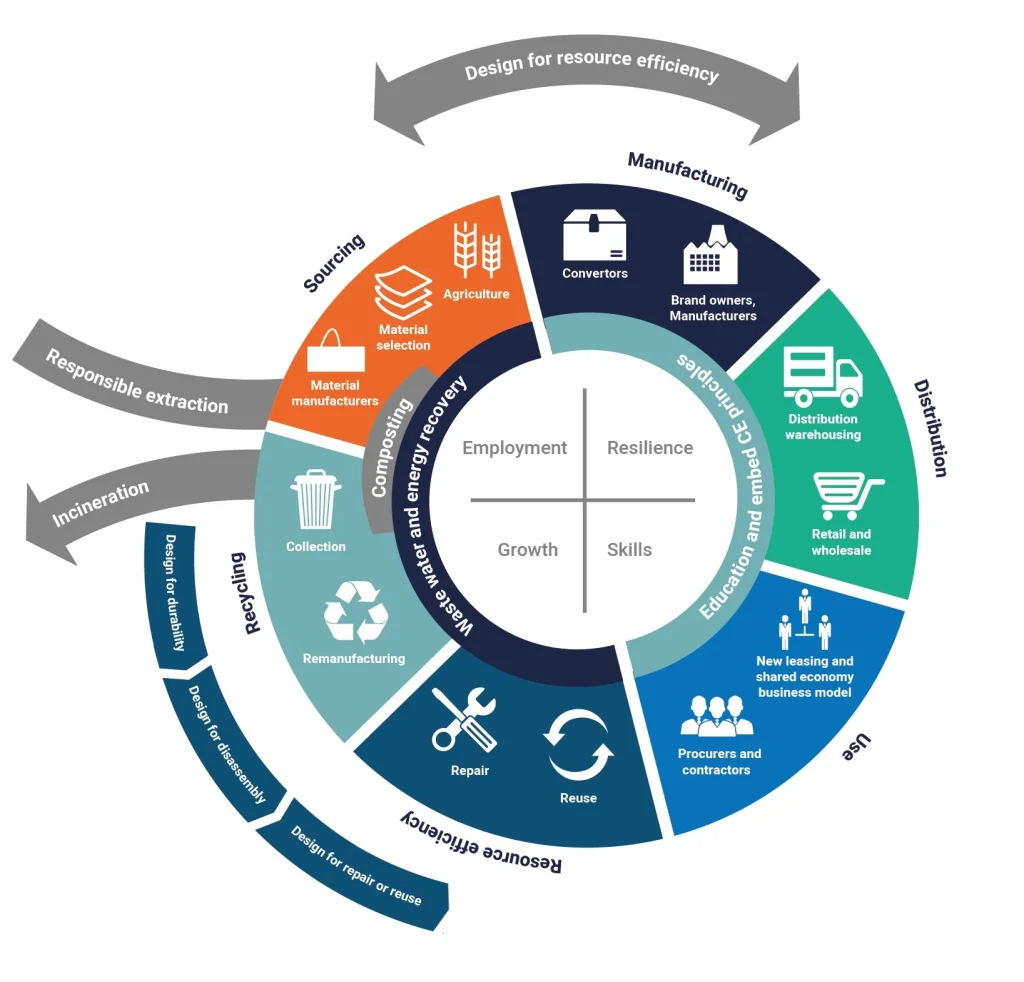Bespoke software solutions are custom-built applications designed specifically for your organization’s needs. This methodology has emerged as a strategic advantage for companies seeking to optimize operations, enhance customer experiences, and stay ahead of competitors. This comprehensive guide will explore everything you need to know about bespoke software solutions in 2025, from key benefits and development methodologies to implementation strategies and future trends.

Table of Contents
What Are Bespoke Software Solutions?
Bespoke software solutions are custom-developed applications created to address specific business requirements that cannot be adequately fulfilled by commercially available software products. Unlike off-the-shelf software designed for mass markets, bespoke solutions are tailored to fit the exact specifications, workflows, and challenges unique to your organization.
Key Characteristics of Bespoke Software
- Customized functionality designed to match your specific business processes
- Scalability to grow alongside your business without forcing process changes
- Integration capabilities with your existing systems and software ecosystem
- Proprietary advantage that competitors cannot easily replicate
- Full ownership of the source code and intellectual property
The Business Case for Bespoke Software Solutions in 2025
The demand for bespoke software solutions has surged in recent years as businesses recognize the limitations of generic software packages. According to recent industry reports, organizations implementing custom software solutions report 35% higher operational efficiency compared to those relying solely on off-the-shelf products.
Why Businesses Choose Custom Software Development
- Competitive differentiation: Create unique capabilities that set your business apart
- Process optimization: Streamline workflows based on how your team actually works
- Integration flexibility: Connect seamlessly with existing systems and future technologies
- Enhanced security: Implement tailored security features specific to your industry requirements
- Long-term cost efficiency: Eliminate ongoing license fees and reduce workarounds
Industries Benefiting from Bespoke Solutions
While virtually any business can benefit from custom software, certain sectors have seen particularly transformative results:
- Healthcare: Patient management systems, telehealth platforms, and compliance solutions
- Financial services: Risk assessment tools, fraud detection, and custom trading platforms
- Manufacturing: Supply chain optimization, quality control, and production monitoring
- Retail: Omnichannel commerce solutions and personalized customer experience platforms
- Professional services: Client management, resource allocation, and specialized billing systems
The Bespoke Software Development Process
Understanding the development journey is crucial for organizations considering custom software solutions. Modern bespoke software development typically follows these key phases:
1. Discovery and Requirements Gathering
The foundation of successful bespoke software development lies in thoroughly understanding your business objectives, user needs, and technical requirements. This phase typically involves:
- Stakeholder interviews and workshops
- Process mapping and workflow analysis
- Technical infrastructure assessment
- Market and competitor analysis
- Defining measurable success criteria
2. Planning and Design
Once requirements are clearly defined, the development team creates a comprehensive blueprint for the solution, including:
- System architecture design
- User experience (UX) and interface (UI) design
- Data models and relationship mapping
- Security framework planning
- Integration strategy with existing systems
3. Development and Testing
The actual coding and quality assurance typically follows agile methodologies in 2025, with:
- Iterative development cycles (sprints)
- Continuous integration and deployment
- Rigorous testing at unit, integration, and system levels
- Performance optimization and security hardening
- Regular stakeholder demos and feedback incorporation
4. Deployment and Implementation
Launching your bespoke software solution requires careful planning to ensure smooth adoption:
- Migration strategy from legacy systems
- User training and documentation
- Phased rollout approach
- Performance monitoring
- Support system establishment
5. Maintenance and Evolution
Unlike off-the-shelf products, bespoke software solutions continue to evolve with your business:
- Regular updates and improvements
- Feature expansion based on emerging needs
- Performance optimization
- Security patches and enhancements
- Adaptation to changing business requirements

Key Technologies Driving Bespoke Software in 2025
The bespoke software landscape has evolved significantly with several technologies now essential to modern custom development:
Cloud-Native Architecture
Cloud-native development has become the standard for bespoke solutions, offering:
- Scalability to handle fluctuating demands
- Reduced infrastructure costs through pay-as-you-go models
- Enhanced reliability through distributed systems
- Faster deployment cycles
- Global accessibility for distributed teams
AI and Machine Learning Integration
In 2025, artificial intelligence capabilities are increasingly embedded in custom software:
- Predictive analytics for business intelligence
- Natural language processing for improved user experiences
- Computer vision for automation and quality control
- Recommendation engines for personalized customer experiences
- Anomaly detection for security and process optimization
Low-Code/No-Code Components
Modern bespoke development often leverages low-code platforms for:
- Accelerated development timelines
- Reduced costs for certain system components
- Empowering business users to contribute to development
- Rapid prototyping and concept validation
- Easier maintenance of standardized components
Evaluating the Cost of Bespoke Software Solutions
Understanding the investment required for custom software is essential for proper budgeting. Key factors influencing costs include:
Initial Development Investment
- Complexity and scope of the solution
- Integration requirements with existing systems
- User interface sophistication
- Security and compliance requirements
- Development methodology and timeline
Long-Term Value Considerations
- Elimination of recurring license fees
- Reduced need for workarounds and manual processes
- Improved operational efficiency
- Competitive advantage and market differentiation
- Asset ownership and potential for commercialization
Recent industry data indicates that while initial development costs for bespoke solutions average 40-60% higher than off-the-shelf implementation, the 5-year total cost of ownership is typically 30% lower due to eliminated licensing fees and operational efficiencies.
Choosing the Right Bespoke Software Development Partner
Selecting the right development partner is crucial for successful implementation. Consider these factors when evaluating potential partners:
- Technical expertise in your industry and required technologies
- Portfolio of similar projects demonstrating relevant experience
- Development methodology alignment with your organization’s approach
- Team composition and resource availability
- Communication processes and project management approach
- Post-deployment support capabilities and SLAs
- Innovation focus and technology roadmap alignment
Common Challenges and How to Overcome Them
While bespoke software solutions offer significant advantages, organizations should be prepared for common challenges:
Scope Creep Management
- Establish clear requirements documentation
- Implement formal change management processes
- Prioritize features based on business value
- Use agile methodologies to accommodate evolving needs
- Maintain regular stakeholder communication
User Adoption
- Involve end-users throughout the development process
- Develop comprehensive training programs
- Create intuitive user interfaces
- Implement gradual transition plans
- Collect and act on feedback continuously
Maintenance and Evolution
- Budget for ongoing development
- Establish clear governance structures
- Document system architecture thoroughly
- Plan for technology stack updates
- Create a roadmap for future enhancements
Future Trends in Bespoke Software Development
As we move through 2025, several trends are shaping the future of custom software development:
- Composable architecture – Building systems from interchangeable components
- API-first development – Creating robust interfaces for maximum flexibility
- Hyper-automation – Extending automation across more business processes
- Embedded analytics – Integrating intelligence directly into operational systems
- Distributed teams – Leveraging global talent pools for development
Is Bespoke Software Right for Your Business?
Bespoke software solutions represent a significant strategic investment with the potential to transform your business operations, customer experience, and competitive positioning. While not every business need justifies custom development, organizations with unique processes, specific integration requirements, or strategic differentiation goals often find substantial returns on their investment.
To determine if bespoke software is right for your organization, start by thoroughly evaluating your current pain points, strategic objectives, and the limitations of existing solutions. Then, engage with experienced development partners who can help you assess feasibility, costs, and potential returns.
Ready to explore how bespoke software solutions can transform your business? Contact the Yuztech team of experts today for a consultation and discover how custom development can address your unique challenges.

